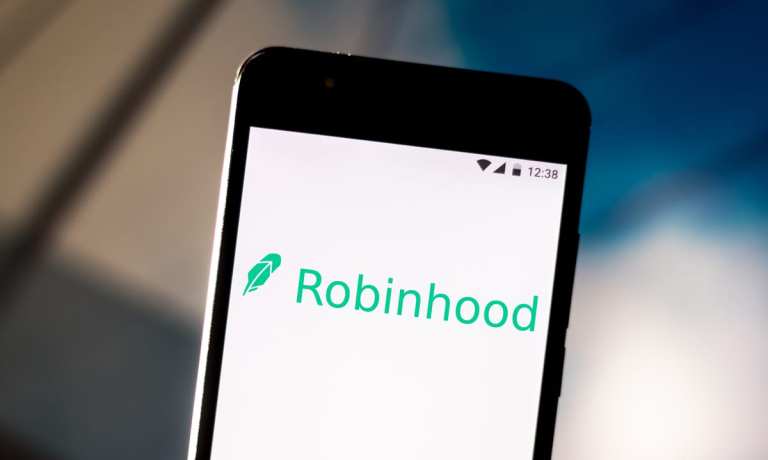Pandemic-Proof Robinhood Signs Record Number Of New Users

FinTech investing startup Robinhood signed a record 3 million new users in the first four months of 2020 and is finding its younger client base is savvy and risk-averse, Co-Founder and Co-CEO Vlad Tenev told CNBC on Tuesday (Oct. 27).
Tenev told Squawk Box host Andrew Ross Sorkin that typical Robinhood investors “… see volatility and market downturns as buying opportunities” because they understand that they’re “just starting out on their investing journey.”
Robinhood’s younger, tech-savvy users have been especially active amid the coronavirus pandemic, even investing their stimulus checks in the market. Tenev said he saw deposits into accounts that were “equal to or multiples of the stimulus checks” from the $2.2 trillion CARES Act.
Tenev said he doesn’t think these young traders were taking excessive risks by investing money intended to cover daily expenses during shaky economic times.
He said Robinhood lowers the bar to entry, giving young people a chance to participate and experience first-hand that the stock market is not just for the wealthy.
Some critics have questioned if one-click market investing can lead to impulsive investing, but Tenev doesn’t see it that way. “If you look at, for example, spending and consumer activity in America, nobody really asks the question of, ‘Is it too easy to buy a flat-screen TV with one click and get it delivered?’”
The 34-year-old co-founder of the Silicon Valley unicorn company said Robinhood has been busy discussing two major events — the presidential election and the possibility of an initial public offering (IPO).
He said the company is expecting volatility leading up to the election, and has been working to ensure its investing process is “really solid.” The startup has been hit by cyberattacks and outages on heavy trading days.
“Cyber criminals have been able to take advantage of customers. We’ve done a lot of work especially and accelerated that work recently to encourage customers to sign up for two-factor authentication in the product, which is on top of the additional factors of security we provide by default,” he said.
“If customers do end up reporting fraudulent activity on their accounts, we’ve been compensating those customers 100%,” he added.
With an estimated $11.2 billion valuation, it is anticipated that Robinhood will start making plans for an IPO. Tenev told CNBC, however, that the company is “not in a rush” to go public.
In July, Robinhood scrapped plans to launch its stock trading app in the U.K., instead deciding to concentrate on its core business.
PYMNTS research shows Robinhood remains the No. 1 personal finance app. Rounding out the top five personal finance apps, behind Robinhood at No. 2 is Chime, followed by Stash, Albert Save And Spend and Acorns.
Federal Reserve Gov. Lael Brainard told members of the Society of Professional Economists last week that additional stimulus funds are necessary in order to facilitate the country’s economic recovery.